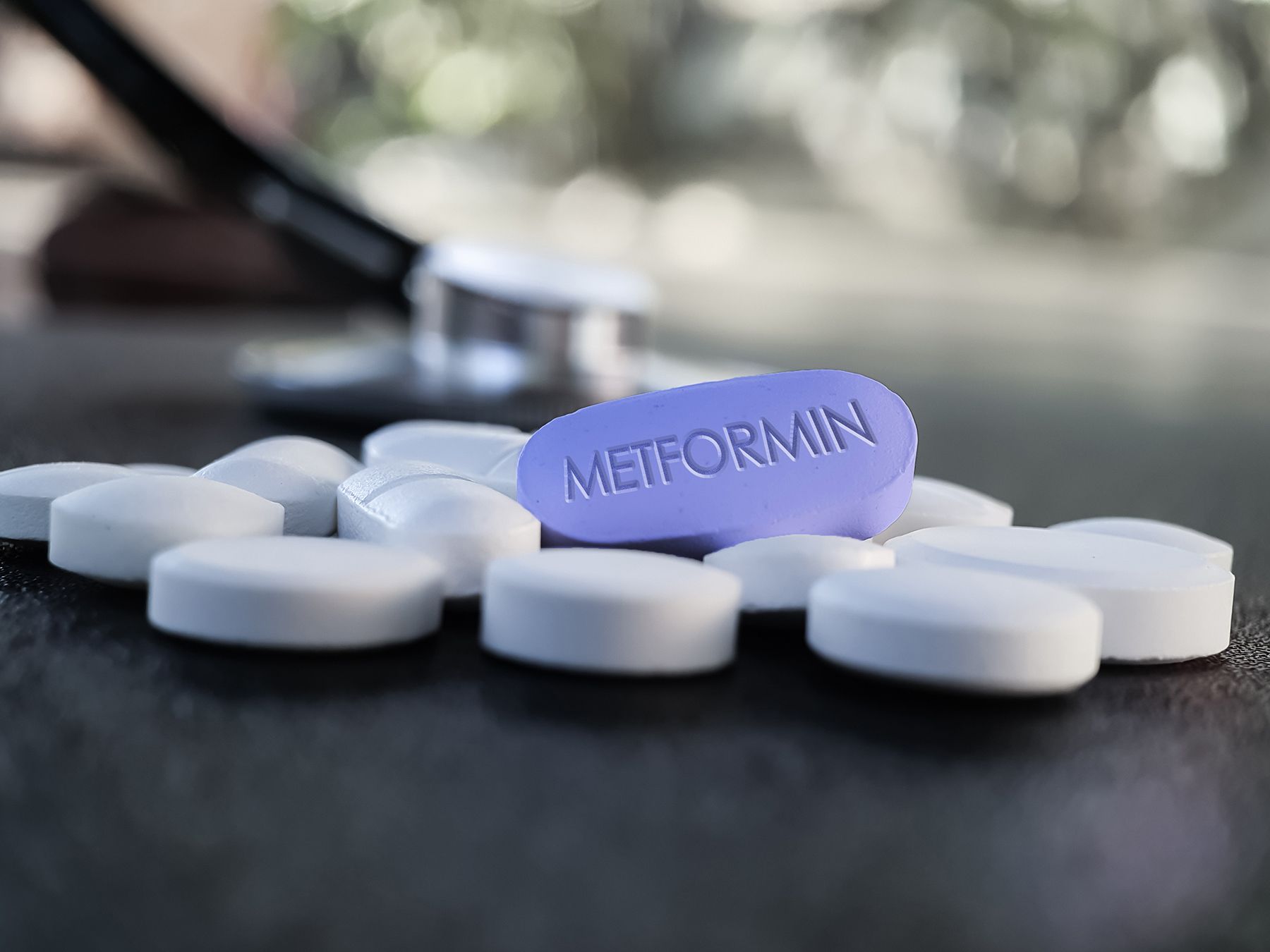Repurposed Diabetes Drug Shows Promise for Treating Periodontal Disease
Researchers from King’s College London and University São Leopoldo—MANDIC in Brazil find promising results with initial studies using Metformin to treat patients with periodontal disease.
Image Credit: © Soni's / stock.adobe.com

In a study published in the open-access Journal of Translational Medicine, researchers from the Faculty of Dentistry, Oral & Craniofacial Sciences at King’s College London present promising results from early research using Metformin, a medication commonly used to treat Type 2 Diabetes, as a potential therapy for periodontal disease.
With numerous studies connecting periodontal disease to diabetes, as well as other inflammatory systemic conditions, a research team led by King’s College Academic Clinical Lecturer and Periodontology Registrar Vitor Neves, BDS, PhD, looked at how periodontal disease responds to Metformin in both an in vivo study and in a controlled clinical trial.
The drug, which helps control glucose metabolism, is safe and inexpensive, making it a potential option for widespread use to manage and potentially prevent periodontal disease, according to the study, “Repurposing Metformin for periodontal disease management as a form of oral-systemic preventive medicine”.
“Our patients do not often have any tools to fight against gum disease other than brushing their teeth, but for the first time we have a potential tool that can help not only with gum disease, but overall health,” Dr Neves says in a press release. “Metformin is readily available around the world and is cheap, therefore allowing the drug to be used as a preventive medicine for oral and systemic diseases that could be adopted on a global scale. This would help many to age healthier—all starting from taking care of their mouths.”
Previous research with mice showed promise with Metformin and periodontal disease, and the first part of Dr Neves’ team’s research built on this to look at how the medication impacted bone loss from both periodontal disease and aging. Their research with mice found Metformin use led to significant bone loss reduction in both the periodontal and aging studies. Additionally, they looked at the medication’s impact on the oral microbiome and found it created a significantly different oral environment.
The impact of Metformin on gingival tissue was also examined at a cellular level. This phase of the research demonstrated the drug’s potential as a preventive measure against periodontal disease, as they found evidence that it can potentially impact the formation of periodontal disease at the molecular level.
As the project moved to the control trial phase, the research looked at the practical application of Metformin with a study examining its impact on modulating systemic inflammation in the immediate post-treatment phase for patients with periodontal disease. Non-diabetic patients with periodontal disease were given Metformin after full-mouth non-surgical periodontal treatment and outcomes were compared against a control group. The trial showed improved periodontal parameters for the Metformin cohort when compared to the placebo group.
While the outcomes are promising, the study notes the need for further testing and larger clinical trials to determine the optimal dosage and delivery of Metformin as a periodontal treatment.
Oral Health Pavilion at HLTH 2024 Highlighted Links Between Dental and General Health
November 4th 2024At HLTH 2024, CareQuest, Colgate-Palmolive, Henry Schein, and PDS Health launched an Oral Health Pavilion to showcase how integrating oral and general health can improve patient outcomes and reduce costs.